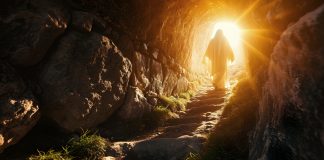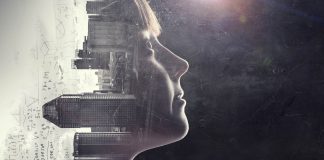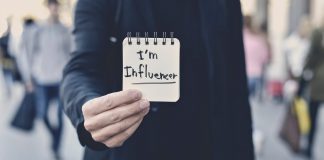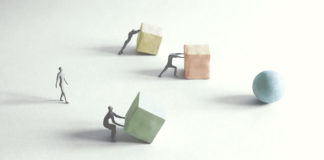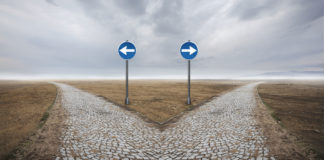1…2…3…run to the wall! Freeze! Playful parenting
There was a time when the word parenting would cause me to either roll my eyes or shrug. It was a time when seven hours of sleep a night, instead of at least eight, had the destabilizing potential of a hurricane, a time when the clear voices of children in the park would compel me to grab a book and read under my...
The portrait of Jesus (III): Jesus, the Judge
In biblical times, those holding trials between people were called judges (Exodus 18: 21-26), just as they are today. Some more prominent judges, in the centuries between Joshua’s death and the establishment of the kingdom of Israel, were noble leaders who led various Jewish tribes in battle against invaders. In this capacity, they were liberators of their people. Any just judge is a...
Love doesn’t give up
Love: the ultimate subject. We love people for who they are. However, there’s a kind of love too lofty to truly encompass all the nuances, a love that manifests itself toward people regardless of who they are or what they have become. Such a love beautifully encapsulates the story of Ian and Larissa.
Christ has ascended!
On the evening of His passion, Jesus promised His disciples, ""Do not let your hearts be troubled. You believe in God; believe also in me. My Father’s house has many rooms; if that were not so, would I have told you that I am going there to prepare a place for you? And if I go and prepare a place for you, I...
Hygge your life
A room lit only by candles. Soft music playing in the background. A worn but unbelievably soft and comfortable armchair beside a roaring fire. A mug of hot chocolate topped with two marshmallows. You, wrapped in a hand-knitted blanket, seated on the armchair, the mug in your hands.
Creativity in the age of acceleration
"Millions of ordinary, psychologically normal people will face an abrupt collision with the future. Citizens of the world's richest and most technologically advanced nations, many of them will find it increasingly painful to keep up with the incessant demand for change that characterises our time." (Alvin Toffler, Future Shock, 1970)
Saving creativity
An experimenter is like a hunter who, instead of waiting quietly for game, tries to make it rise, by beating up the locality where he assumes it is. – Francis Bacon, 17th-century English philosopher
Facebook, the Metaverse and a falsely promised future
Facebook is dead! Long live Metaverse! So proclaimed Facebook CEO Mark Zuckerberg to thousands of followers who tuned in to a livestream last Friday announcing the company’s rebrand.
(On-line) princes and (real-life) paupers
“Influencers pay double.” With this message, Joe Nichhi, the owner of a small ice cream business, tried to deter self-proclaimed celebrities who would ask him to give them free ice cream in exchange for “exposure” on their social media platforms. But he succeeded more than that. Nicchi has become an international symbol of disgust with “insta-begging.”
A tsunami put under a microscope
In 2004, we experienced firsthand one of the most devastating tsunamis of our century. It was early morning, on Boxing Day.
Hasty generalisations: Jumping from one to all, and from once to always
We use our experience and knowledge to understand what is unknown or inaccessible to us. We are attracted to patterns and judge the world in terms of what is already familiar to us. However, out of a desire to understand some things more quickly, we often draw conclusions without sufficient evidence. Thus we fall into the trap of the sophism called hasty generalization.
Lewis and the Lion
We have become so accustomed to authors and researchers being highly specialised in niche fields, that we are tempted to be skeptical of works they produce outside of their accepted field of expertise. It seems bizarre therefore that an author of children's literature could also be a professor at Oxford and Cambridge and an expert on the medieval era.
The birth certificate of morality
Humans are moral beings, while animals possess a rudimentary form of morality. Both the most conservative theologians and evolutionary biologists agree with these statements. Still, since the former speak of God and the latter of nature, the eternal dispute between the two parties is based on the authorship of the sense of ethics, the germination bed for the birth of morality. So, if...
Mother Teresa, a little nun with high ideals
She refused the comfort and tranquillity so desired and sought after today because she saw the needs of the simple people and she unwittingly sparked a revolution of love. She went down in history, not with any title of nobility, but simply as Mother Teresa.
A night in the ocean
For Australians, the islands in the South Pacific Ocean (Solomon, Vanuatu, Fiji, Papua New Guinea), although spread across thousands of kilometres, are a kind of backyard. And many Christians see these islands as their mission ground.















